Static electricity may help butterflies and moths gather pollen on the fly
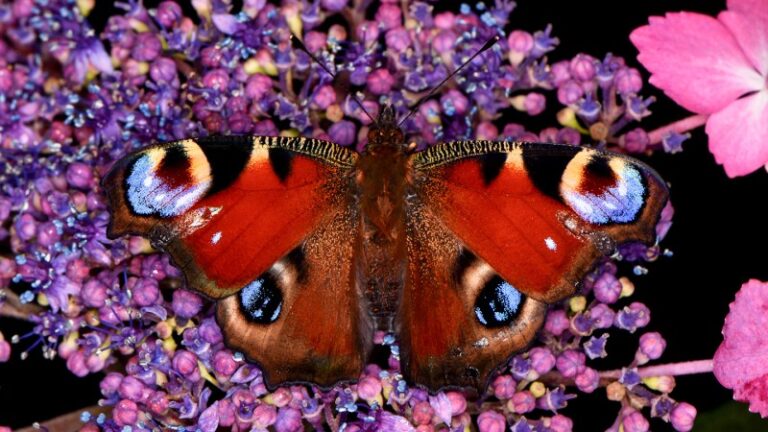
Electrostatically charged lepidopterans could draw pollen out of flowers without touching the blooms, computer simulations suggest.
Science and Technolgy blog

Electrostatically charged lepidopterans could draw pollen out of flowers without touching the blooms, computer simulations suggest.

The Paris Olympics welcome the strongest, fastest and sharpest athletes in the world. But to what extent does age raise or lessen their chances of gold?
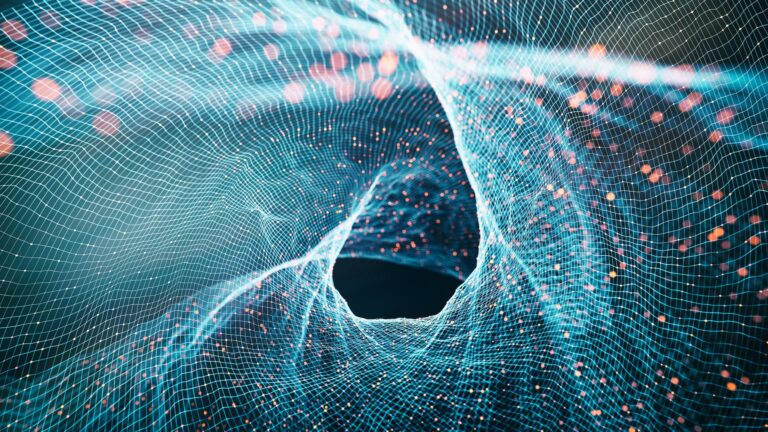
The nature of quantum entanglement remains an outstanding problem in physics. But Albert Einstein’s theories, along with insights from quantum computing, could finally put the mystery to rest.
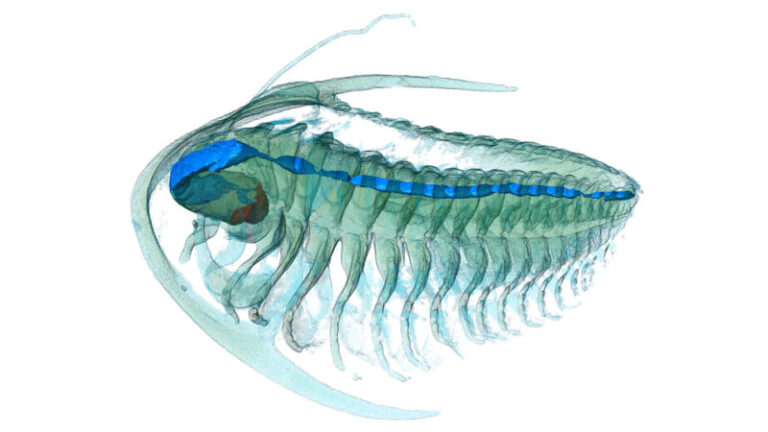
In rocks from Morocco, scientists have unearthed the best preserved trilobites ever found. The lifelike fossils offer new clues to the biology of these extinct sea creatures. The fossils are so well preserved that they show their antennae, legs and…

Using manufacturing defects in silicon chips to house signal-amplifying qubits could help to usher in the much-anticipated quantum internet.
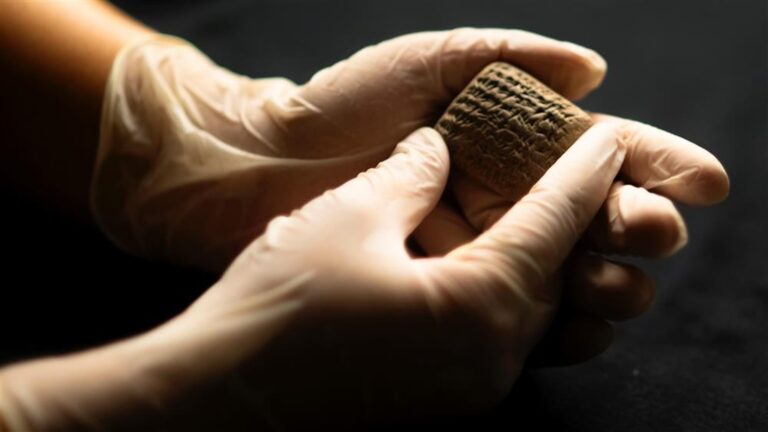
The excavation team in Turkey found a small, clay tablet that detailed a large furniture purchase. Experts said the finding may provide clues to the area’s socioeconomic condition in the Late Bronze period.
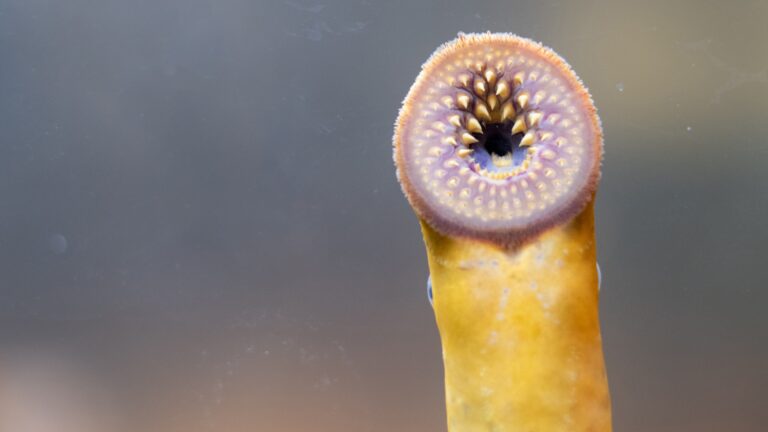
Researchers have traced cell origins critical to vertebrate evolution by studying a group of primitive, bloodsucking fish called lampreys.

With its moonless sky, the first week of August is one of the best times all year to see the Milky Way and meteor showers without a telescope. Here’s how to be in the right place at the right time…
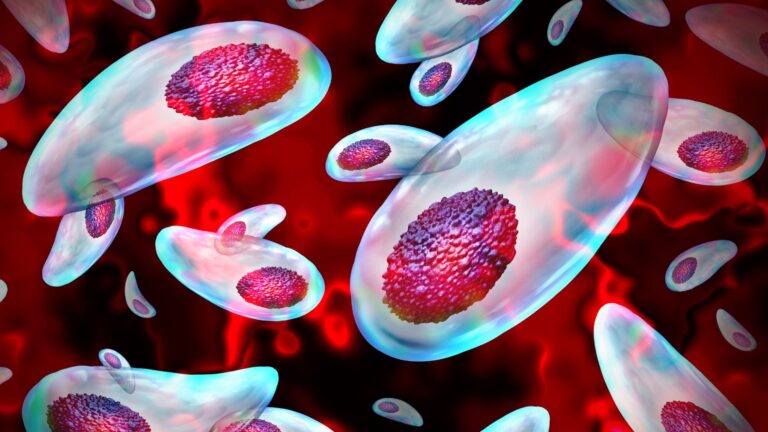
Scientists are developing an engineered parasite to get drugs into the brain.
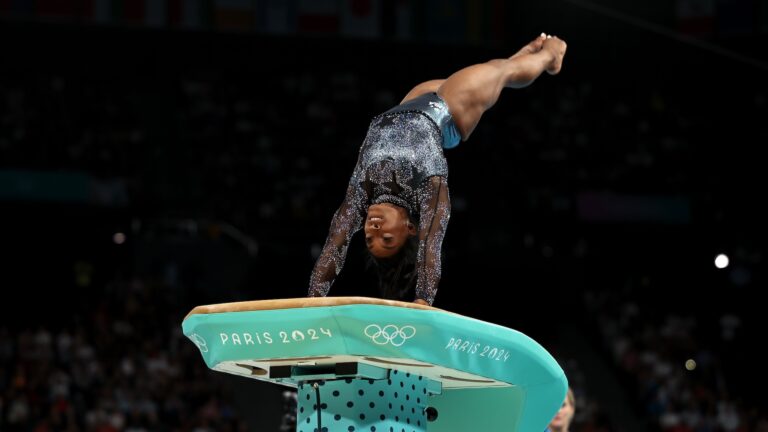
Even among the world’s most elite gymnasts, American Simone Biles, now competing in her third Olympic Games, is a standout.